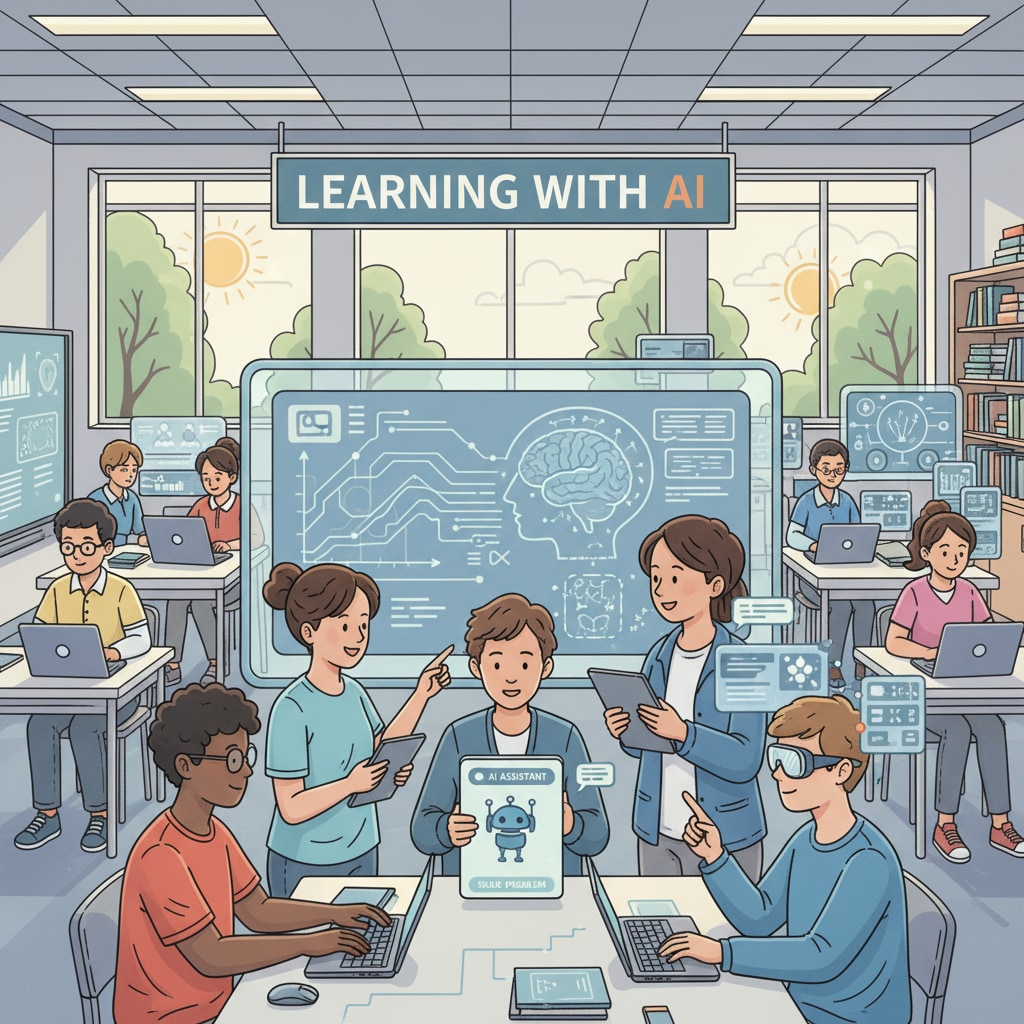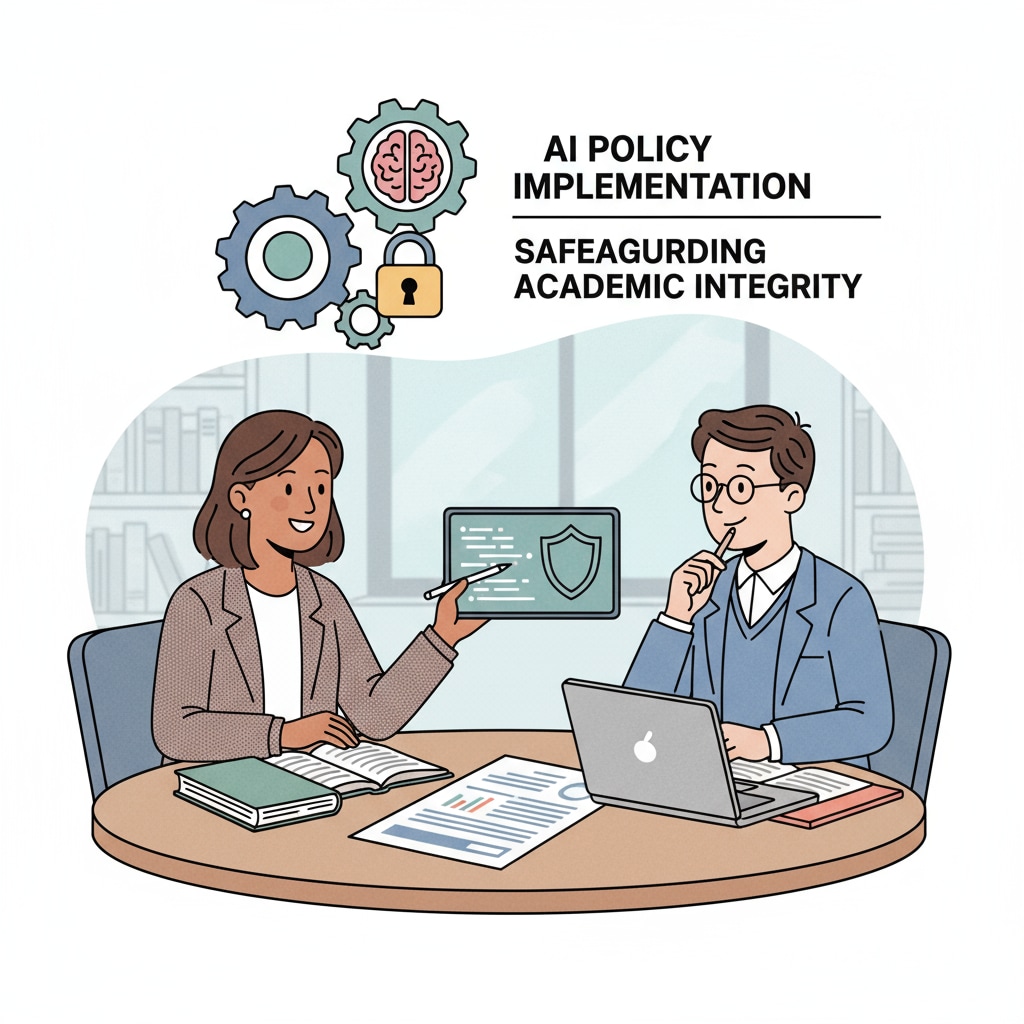AI policies, academic integrity, and skill values have become hot topics in the world of education, especially as artificial intelligence continues to infiltrate K12 classrooms. The rapid advancement of AI technology has brought both opportunities and challenges to the academic environment. As AI tools become more accessible, questions about fairness and the true value of skills are being raised.

For instance, on Wikipedia’s page on AI in education, it shows the increasing influence of AI in the learning process.
The Impact of AI on Academic Integrity
AI has significantly disrupted the traditional concept of academic integrity. With the ability to generate essays, solve problems, and complete assignments with just a few clicks, students may be tempted to use these tools for dishonest purposes. For example, some may submit AI-generated work as their own, undermining the evaluation system. This not only devalues the efforts of honest students but also makes it difficult for educators to accurately assess students’ knowledge and skills. As a result, schools need to implement strict AI policies to safeguard academic integrity.

Rethinking Skill Values in the AI Era
In addition to academic integrity, the rise of AI has forced us to rethink the value of certain skills. Traditional skills like rote memorization and basic problem-solving may become less crucial as AI can perform these tasks more efficiently. Instead, skills such as critical thinking, creativity, and emotional intelligence are becoming more valuable. These are the skills that AI cannot easily replicate. Educators should focus on cultivating these skills in students to prepare them for a future where AI is an integral part of the workplace. According to Britannica’s entry on education, adapting to new skill requirements is essential for modern education.
To address these challenges, schools can take several steps. First, they should develop clear and comprehensive AI policies that define acceptable and unacceptable uses of AI in academic work. Second, educators can incorporate AI into the curriculum in a positive way, teaching students how to use it as a tool for learning rather than a shortcut. Finally, schools should promote a culture of academic integrity, emphasizing the importance of honesty and hard work. By taking these measures, K12 education can find a balance between embracing AI technology and preserving traditional academic values.
Readability guidance: In this article, we have used short paragraphs to make the content more accessible. Each H2 section has a clear focus, and we’ve provided examples to illustrate key points. The use of transition words like “for example”, “as a result”, and “in addition” helps to make the flow of the article smooth. By following these guidelines, we aim to enhance the readability and understanding of the complex issues surrounding AI in K12 education.


